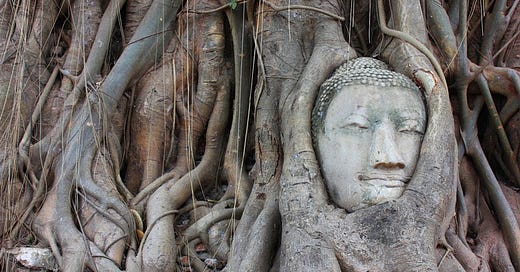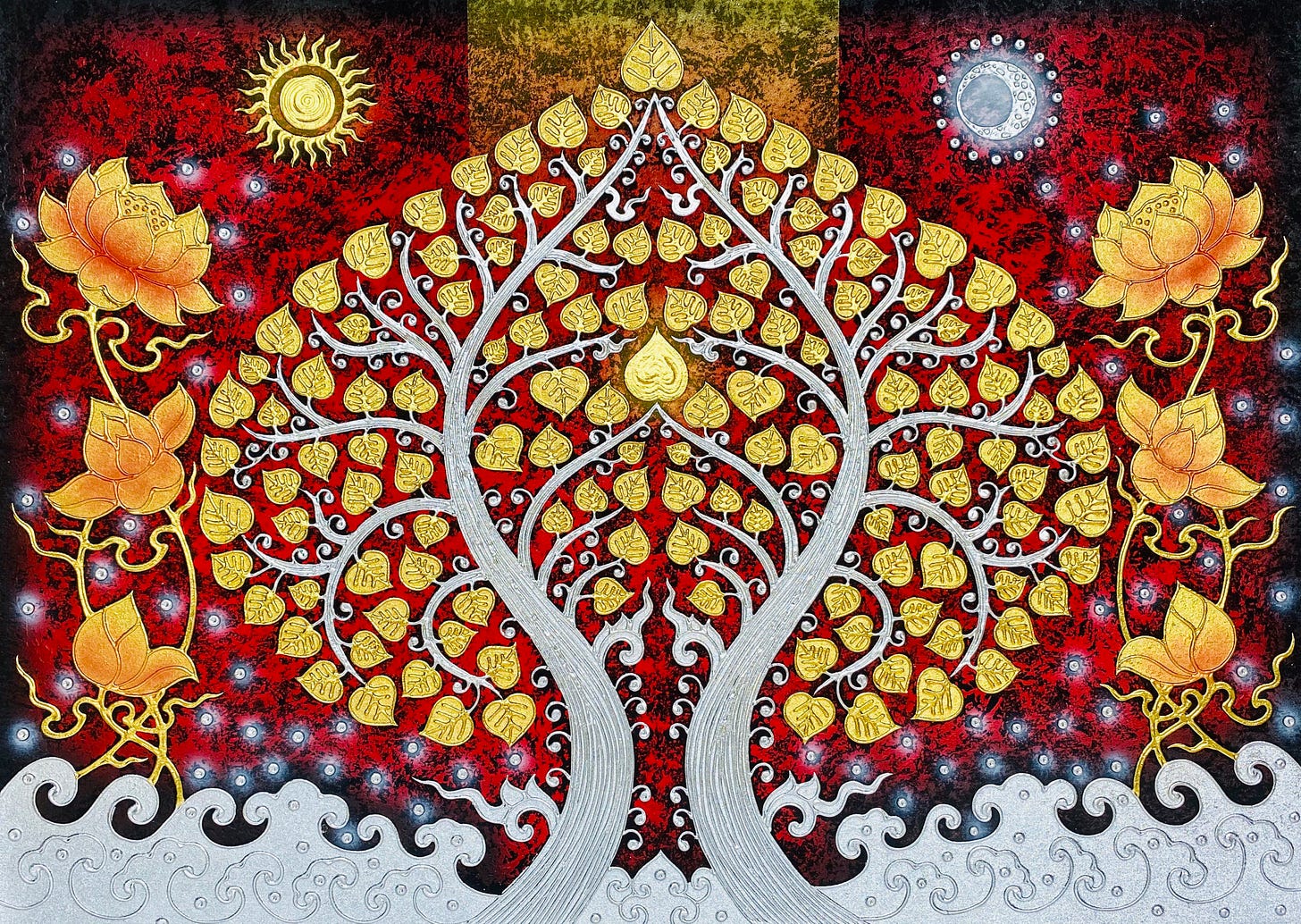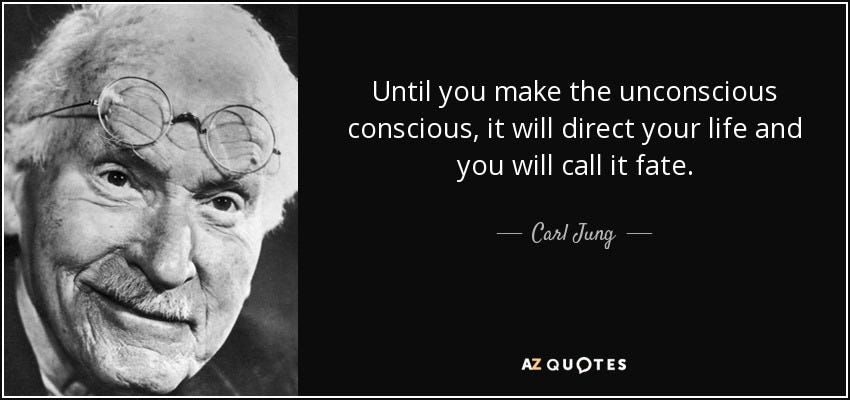One of Rational Spirituality’s goals is to engender spiritual growth outside traditional frameworks of religious doctrine and dogma. Indeed, we consider such growth, revealed by an awakened self-awareness, to be incrementally important to the very survival of humanity. Let me explain.
The greatest challenge we face today is how to prevent becoming enveloped in a paralyzing cloud of hopelessness and complacency. Only the heart can prevent it.
Those who keep awake are called Watchers. And the “Son of man” is you.
Son of man, I have made thee a watchman unto the house of Israel: therefore hear the word at my mouth, and give them warning from me.
(Ezekiel 3:17-19)
The "House of Israel" is a central motif in the Book of Ezekiel and represents the collective body of the Israelites. However, when explored as metaphor, its significance transcends its immediate cultural and historical context, acquiring a universal resonance that was always intended to speak to humanity at large.
The voice casts the prophet as a "watchman" for the House of Israel, tasked with conveying God's warnings to the people. If he fails in this duty and the wicked do not turn from their evil ways due to his silence, their blood will be on his hands. This powerful imagery of the watchman serves as a reminder of the responsibilities of the cohort who have been granted wisdom or insight.
We need not fret about convincing the “wicked to turn from their ways.” The Awake realize their leaders are psychopaths and the hoi polloi are clueless. These are the facts of the case and they are undisputed.
Amidst it all, I sometimes still find myself abandoning hope. Seemingly, it is such a small minority who are truly awake or slowly awakening to what’s actually happening. Who take democide seriously. Who take crimes against humanity seriously. And who clearly see where this road leads. We diligently attempt to alert others, but sometimes, I wonder, if we’re simply preaching to the choir. But it doesn’t really matter.
While we must unceasingly preach truth and warn others of impending dangers, both moral and existential, we also have a more immediate task. We must engage, via meditation, prayer, visualization or walks with nature, the peace of personal solitude. With such passive endeavors, we can and will accomplish far more.
All spiritual traditions make a compelling case for passive, contemplative pursuits such as meditation and prayer. They teach that in stillness and quiet reflection, believers draw closer to God, however envisioned, gain insights, find peace and garner strength to face life's challenges. Prayer and meditation can alter the course of history and have.
When we extrapolate the idea of the "House of Israel" as a metaphor for the broader human community, the message is clear: We are all interconnected and those who have the capacity to guide, warn, or lead bear a heavy responsibility. In a broader sense, the "House of Israel" represents the collective human spirit or the global community. The watchmen of this universal house are those individuals - be they leaders, religious authorities, thinkers or everyday people with insight - who have the responsibility to guide and warn the community of mortal danger.
The House of Israel
In an age of global crises, from the Covid Psyop to the World Economic Forum’s transhumanist agenda, the metaphor of the "House of Israel" as the collective human community becomes especially poignant. The passage from Ezekiel serves as a timeless reminder: those who are informed must act as watchmen, speaking out and leading the way, for they bear the responsibility of safeguarding not just their immediate community but the greater house of humanity. They must also still their souls.
The Bodhi tree, under which Siddhartha Gautama, later known as the Buddha, attained enlightenment, stands as one of the most potent symbols in religious history. It represents the journey of self-awareness and attainment of a higher state of consciousness. This age-old tree, with its deep roots and widespread branches, signifies the interconnectedness of life and the holistic nature of existence.
In our technologically driven age, algorithms dictate much of our daily experiences, from the search results we receive to the recommendations we see. An algorithm is a set of rules, a guide to processing information in a way that leads to a desired outcome.
Let’s envisage a "Divine Algorithm," not in the technological sense, but as a conceptual metaphor for the universal principles guiding us towards enlightenment. This algorithm is the sequence of life experiences, challenges and self-reflections that, when processed within the human soul, leads to spiritual growth and enlightenment.
It’s worthwhile noting that today the human soul itself wears a bullseye target. Transhumanism, an evil that cries out to Heaven for vengeance, requires soul-hacking in order to wed biology with technology. Implants in the brain will direct thoughts and emotions, as well as read them. Transhumanism does not portend a Brave New World, but rather presages the end of our species by manufacturing Humanity 2.0: The Cyborg.
Now, how do we relate this back to the Bodhi tree? Think of the Bodhi tree as the physical manifestation of this Divine Algorithm. Just as algorithms need inputs to provide outputs, the Bodhi tree stands as a heuristic tool, urging those who approach it to introspect, feed in their life experiences, internal dilemmas and deepest desires via meditation.
Bodhi, which means awakening, prepares the individual, much like preparing a system to run an algorithm, to learn earnest truths about oneself. It connects us to the Akashic Field. The prayerful shade of the Bodhi tree becomes the spiritual environment where the soul's data is processed, insights are gleaned and spiritual wisdom is given.
The very act of Siddhartha contemplating the Bodhi tree can be likened to a person engaging with this Divine Algorithm, inputting human experiences and meditations and in return receiving enlightenment. Siddhartha’s attainment of enlightenment signifies the perfect tuning of this Divine Algorithm, where all the variables of life experiences, self-awareness and cosmic truth seamlessly align.
The metaphor of a Divine Algorithm serves to bridge ancient spirituality with modern concepts, emphasizing that, regardless of the language or metaphors we use, the quest for self-awareness and spiritual growth remains an eternal human endeavor that can never be replicated by a machine.
Consciousness and Self-Awareness
Consciousness and self-awareness are related but distinct concepts, both crucial to understanding human cognition and experience. Here's a brief overview of each term:
Consciousness - This is a broad and multifaceted term, referring generally to the state of being aware of and able to think and perceive one's surroundings, thoughts and feelings. Consciousness is often described as the state of being awake and aware of what is happening around you, as opposed to being asleep or in a hypnotic coma. It's the state of experiencing involving sensations, perceptions, thoughts and feelings.
Self-Awareness - This is a subset of consciousness. Self-awareness involves being aware of oneself, including one's traits, feelings and behaviors. It's the capacity to take oneself as the object of thought—people can think about themselves, question their thought processes and analyze their own actions. It involves recognition of self in both physical and psychological dimensions.
A neglected aspect of one’s psyche, one which impedes individual self-awareness, is the Shadow Self, a concept developed by Carl Jung. He insisted we must raise those unconscious shadow aspects of Self up into the bright light of conscious awareness and then own them. Of course, we much prefer to hide unpleasant traits and truths about ourselves, as they conflict with the ego’s ideal Self - a delusion.
Here is the end of the matter. As for me, Daniel, my thoughts greatly alarmed me, and my color changed, but I kept the matter in my heart.
Daniel 7:28







